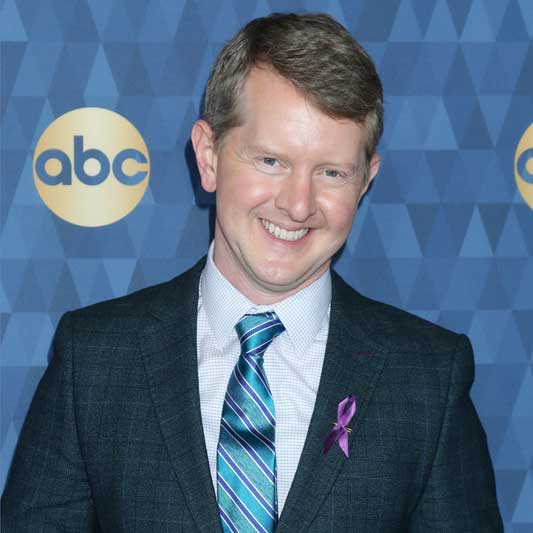Viewers of the famed quiz show “Jeopardy!” have called for alterations to the “Final Jeopardy!” segment following a contentious ruling. The dispute arose after contestant Rishabh Wuppalapati‘s answer, which many deemed unreadable, was accepted.
On the episode aired on October 16, 2024, Wuppalapati, a University of Pennsylvania undergraduate student from Vernon Hills, Illinois, provided a “Final Jeopardy!” response that seemed to many viewers to read “Cdumlacf”.
The clue required participants to name the common moniker of cities in different states, each hosting a Southeastern Conference school. The correct response was “Columbia.”
“He wrote down Fayetteville & changed it to Columbia, and I can read every letter. That is correct,” announced host Ken Jennings on the show.
Thanks to this decision, Wuppalapati clinched his second consecutive win, accumulating an additional $9,801, which raised his total earnings to $42,402. His nearest rival, Rachel Cassidy, missed a chance to overtake him when she decided against a higher wager during the second Daily Double.
Further fueling the debate, Wuppalapati commented, “I can read every letter,” before the judges announced their verdict. Some spectators took this as an attempt to sway the outcome.
The decision to approve Wuppalapati’s hastily written answer has drawn criticism from fans, with some questioning the legibility of his response. One spectator voiced skepticism that the scrawl spelled “Columbia,” but ultimately concurred with Jennings’ decision. Another viewer also agreed, conceding that despite the messy writing appearing like “Cdumlaq,” it encompassed the basic elements of “Columbia.”
Others pointed out that the final call was not solely Jennings’ responsibility, as judges review contestants’ answers in real time. The incident has reignited demands for replacing handwritten answers in “Final Jeopardy!” with a keyboard-based format to avoid similar future controversies.
Rachel Cassidy, Wuppalapati’s competitor, later shared that there was no behind-the-scenes discussion over accepting Wuppalapati’s answer. However, this has done little to alleviate viewer concerns about consistent judgment of handwritten responses.

